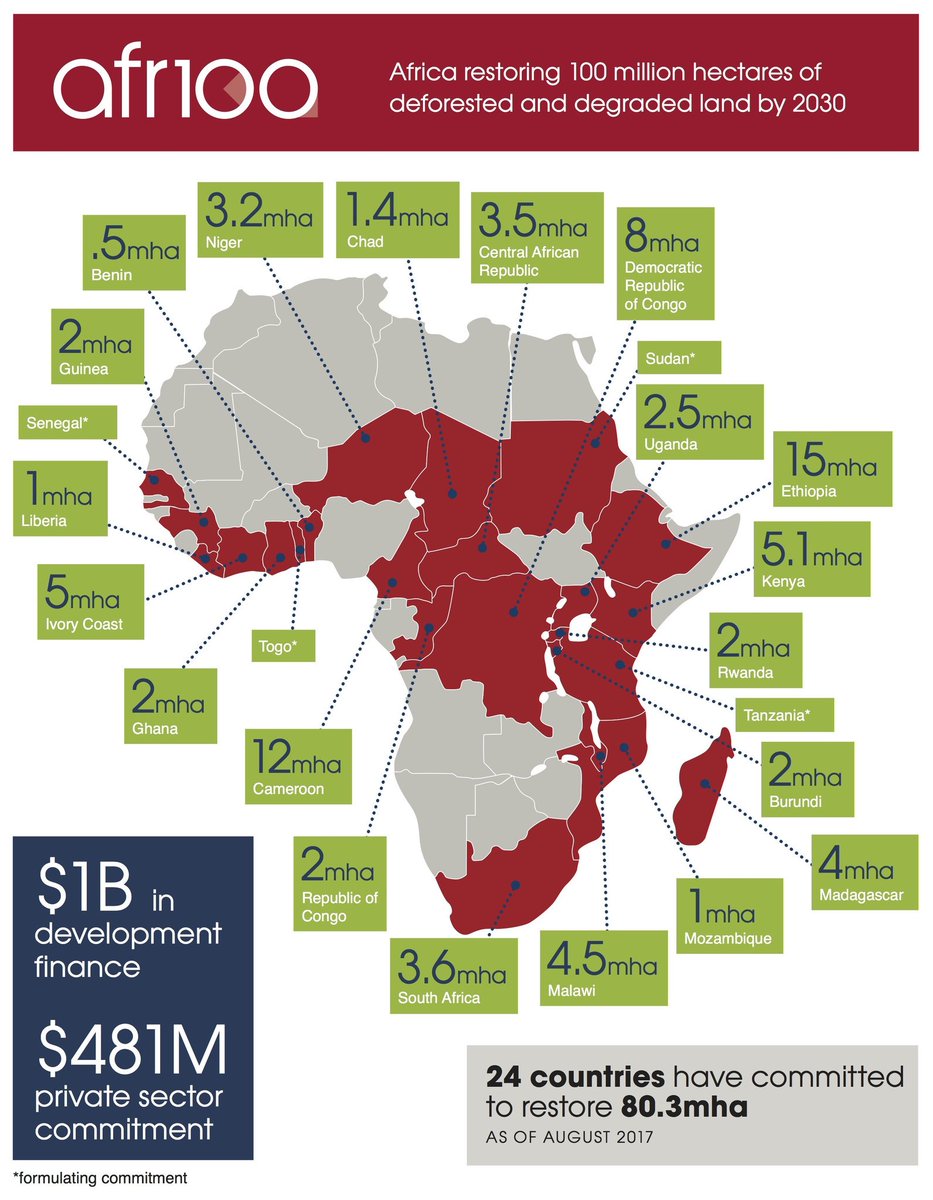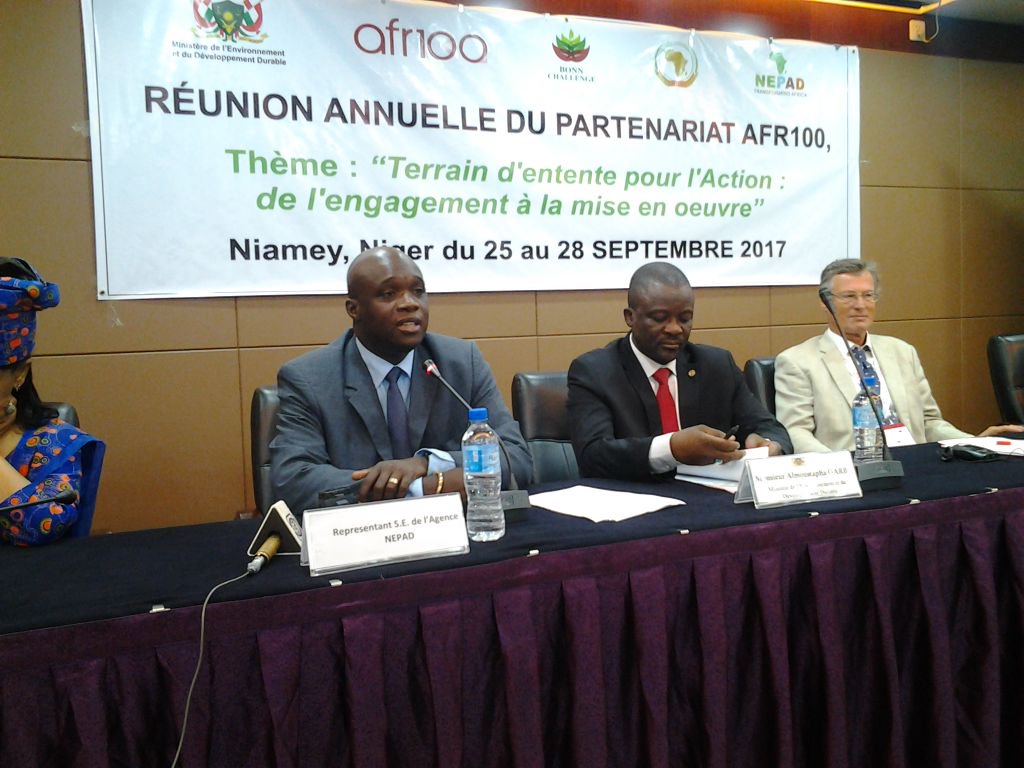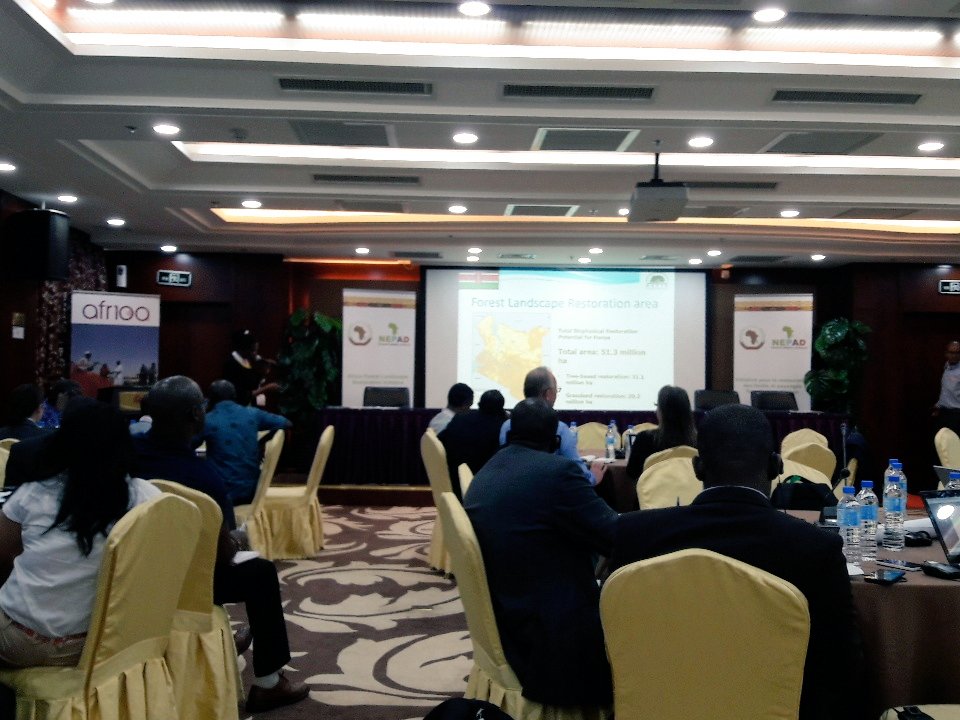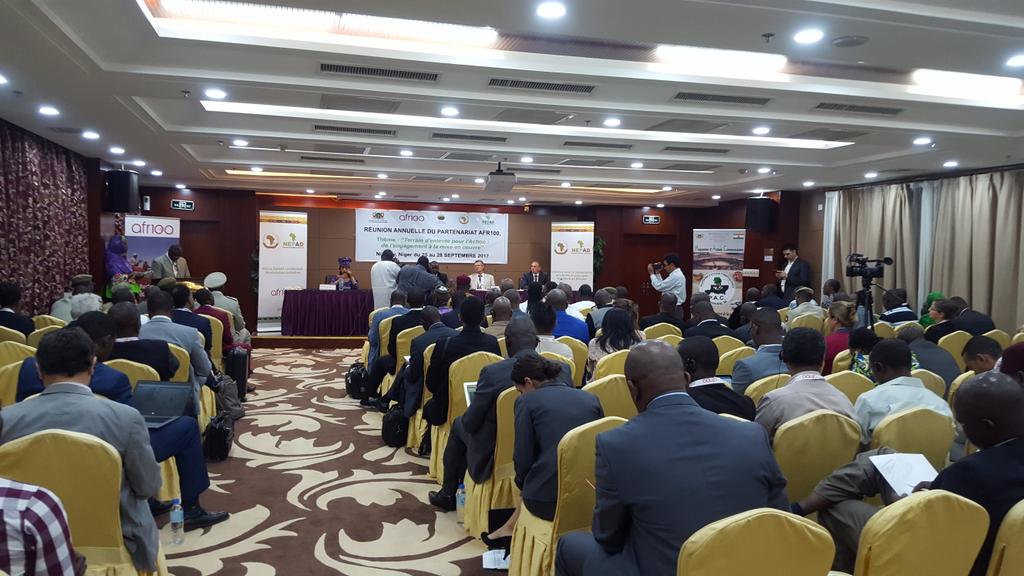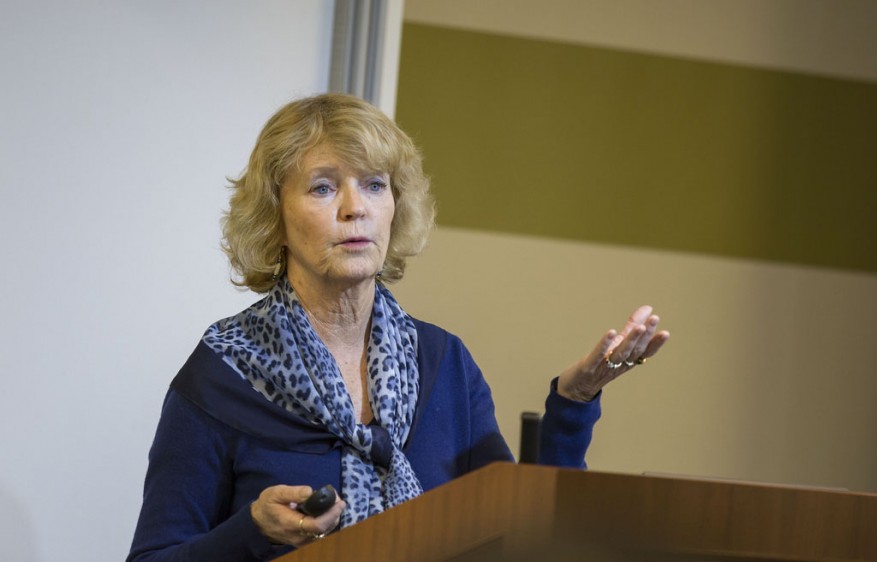19 September 2017. Washington, D.C. Strategic investments can help unlock potential for agribusiness growth in African nations with low agribusiness competitiveness, food security and agricultural productivity, according to recent analysis on African agribusiness competitiveness by Dr. Suresh Babu, head, capacity strengthening, at the International Food Policy Research Institute (IFPRI).
“African countries have a very high potential to transform their agricultural sector by increasing the competitiveness of their agribusiness,” said Babu, lead author of the study. “Competitiveness in agribusiness has a feedback effect that helps in sustaining food security and increasing agricultural productivity.”
High competitiveness can bring cost-effective goods to consumers while opening new pathways for value chain addition for farmers. “Agribusiness competitiveness hasn’t received adequate attention so far because countries have been struggling to improve agricultural productivity. But if you take your product outside Africa, you achieve both geographic and business competitiveness,” Babu added.
To enhance agribusiness competitiveness, countries should identify successful models of public-private partnerships (PPP) and business to business (B2B) alliances to raise value chain competitiveness and scale, in addition to encouraging entrepreneurship, access to capital and building stronger market linkages.
Rwanda and Kenya rank “high” on the agribusiness competitiveness and agricultural productivity scales, but “low” on food security, highlighting how policies in these countries have failed to utilize gains from trade to deliver food security to their populations. “Despite tremendous progress improving food security in Rwanda and Kenya, both countries need stronger policy interventions to improve the allocation of resources and improve general welfare,” said Babu.
Seven countries – Guinea, Niger, Burkina Faso, Burundi, DRC, Nigeria, Togo -- rank “low” on food security and agribusiness competitiveness, while South Africa ranks “high” on both parameters.
Countries such as Botswana, Tunisia, Ghana, Uganda and Algeria, which rank “medium” on food security and agribusiness competitiveness, hold immense potential to improve their competitiveness.
Read the full report here: http://www.tandfonline.com/doi/abs/10.1080/23322373.2017.1319721
“African countries have a very high potential to transform their agricultural sector by increasing the competitiveness of their agribusiness,” said Babu, lead author of the study. “Competitiveness in agribusiness has a feedback effect that helps in sustaining food security and increasing agricultural productivity.”
High competitiveness can bring cost-effective goods to consumers while opening new pathways for value chain addition for farmers. “Agribusiness competitiveness hasn’t received adequate attention so far because countries have been struggling to improve agricultural productivity. But if you take your product outside Africa, you achieve both geographic and business competitiveness,” Babu added.
To enhance agribusiness competitiveness, countries should identify successful models of public-private partnerships (PPP) and business to business (B2B) alliances to raise value chain competitiveness and scale, in addition to encouraging entrepreneurship, access to capital and building stronger market linkages.
Rwanda and Kenya rank “high” on the agribusiness competitiveness and agricultural productivity scales, but “low” on food security, highlighting how policies in these countries have failed to utilize gains from trade to deliver food security to their populations. “Despite tremendous progress improving food security in Rwanda and Kenya, both countries need stronger policy interventions to improve the allocation of resources and improve general welfare,” said Babu.
Seven countries – Guinea, Niger, Burkina Faso, Burundi, DRC, Nigeria, Togo -- rank “low” on food security and agribusiness competitiveness, while South Africa ranks “high” on both parameters.
Countries such as Botswana, Tunisia, Ghana, Uganda and Algeria, which rank “medium” on food security and agribusiness competitiveness, hold immense potential to improve their competitiveness.



